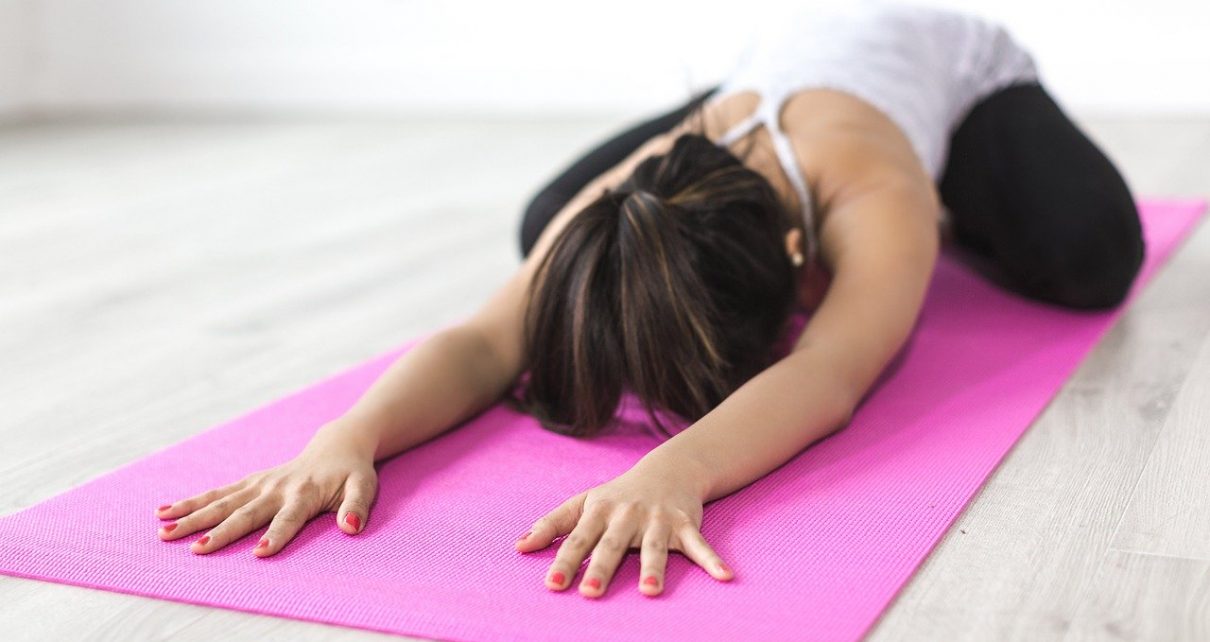We do this about 25,000 times every day, but we barely notice it. Breathing is an exercise we have been performing subconsciously since the day we were born, but we do not know the impact it has on our physical, emotional and mental health. Many of us take it for granted that there will always be another breath waiting for us to make. Although we should not worry about our next breath, it is at least essential to acknowledge what it does in our daily life.
Importance of deep breathing
Deep breathing exercises might save your sanity; the next time you feel anxious, stressed or angry, pay attention to your breathing. It has been found that negative emotions cause short and shallow breaths. Also, chronically ill people tend to be shallow breathers, which can be attributed to either high levels of stress or a hiatal hernia. Here are the advantages of deep breathing.
1. Boosts oxygen delivery
When you breathe deeply, fresh oxygen reaches every cell in the body. This enhances the functionality of all body organs. You will also experience improved physical stamina and better mental concentration.
2. Relaxes muscles
When breathing properly, you do not experience physical tension.
3. Enhances detoxification
Good breathing habits improve the functioning of the lymphatic system. This, in turn, encourages the release of harmful toxins. Consequently, it cleanses the body, thus enabling it to direct its energy to other productive bodily functions.
4. Releases endorphins
Deep breathing prompts the release of endorphins, which leads to improved feelings and offers pain relief.
5. Lowers blood pressure
When the body lets go of tension, the blood vessels dilate and allows blood pressure to return to normalcy.
Yoga and meditation
These two practices teach the importance of deep breathing. Only ten minutes of deep breathing through the diaphragm in a day is enough to translate into considerable health improvements. So, when you feel overwhelmed next, just breathe.




